Annual Showcase
Annual Showcase Projects

Tomatoes as embodied data (ESR 9)
Sustainable Socio-Economic ModelsHow have various data, values, humans, nonhumans, relationships, phenomena, and trends shaped the phenotypes (bodies, behaviours, rhythms) of tomatoes? And how might they continue to shape and be shaped by tomatoes in the future?
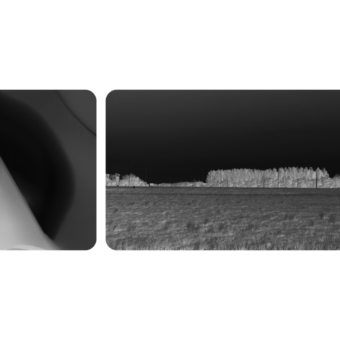
Acts of interfacing (ESR 4)
Trusted InteractionsA cinematic voyage that invites the viewer to observe, contemplate, and reframe the meanings and effects of interfacing.

Look, a ToSsphere! (ESR 12)
Democratic Data GovernanceA designerly inquiry into Terms of Service (ToS) ecosystems that starts with renaming them as ToSspheres and continues with various modes of mapping and shifting perspectives on what we encounter as we ignore ToS policies.

Undoing Gracia (ESR 5)
Trusted InteractionsThe experiment explores the fluidity of human-AI relations through a subjective digital twin, revealing new orientations and possibilities for queering as a method to shape new directions in HCI research.
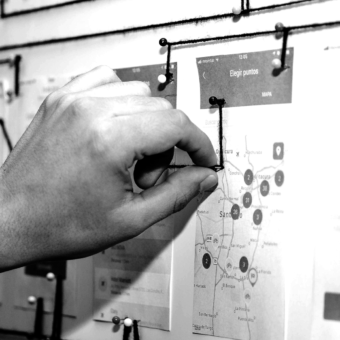
Ghosts in the making (ESR 15)
Future Design PracticesDesign and HCI have increasingly contended with issues of decoloniality in recent years. Interviews with design and tech professionals show that while there is a theoretical recognition of colonial issues, practical strategies to address them within institutional and collaborative constraints are challenging to outline.

Reimagining AI Governance (ESR 11)
Democratic Data GovernanceThe increasing use of AI in the public sector necessitates robust and inclusive governance practices that account for the well-being of diverse communities and publics.

The shiny magic box (ESR 14)
Future Design PracticesAI algorithms have morphed from black boxes to shiny magic boxes. But what about the shifting and fluid relations we stash into these boxes?

Physicalising the pluriverse (ESR 10)
Sustainable Socio-Economic ModelsA fieldwork exploration and collaboration with Masewal members, Mexico. How can the physicalisation of ancestral values, indigenous knowledge, and cooperation help translate and conceptualise cooperative and care-driven indigenous practices for the digital world?
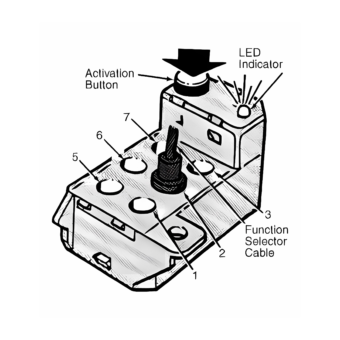
Agonistic Design (ESR 6)
Trusted InteractionsCan examining existing designs and methodologies for agonistic values help create a framework for a participatory way of engaging with technology in a more inclusive and democratic way?

The InclusiveNet toolbox (ESR 3)
Inclusive Digital FuturesHow can inclusive design meet transport engineering and deliver personalized routing algorithms that go beyond efficiency?

The Social Life of Algorithms (ESR 1)
Inclusive Digital FuturesEthnographic methods are central for researching how people perceive algorithms, yet continually bind the study to the “interaction” as the research site. In the Bitcoin Beach of the Salvadorian town El Zonte, we started to prototype methods to move ethnographies outside the interaction and into the everyday practices where notions of algorithms emerge.

Disentangling Fairness Perceptions in Algorithmic Decision-Making (ESR 2)
Inclusive Digital FuturesAlgorithmic systems have been claimed to be the future of decision-making processes while also accused to be deeply problematic. But how fair do those who are subject to algorithmic decisions perceive these systems to be?
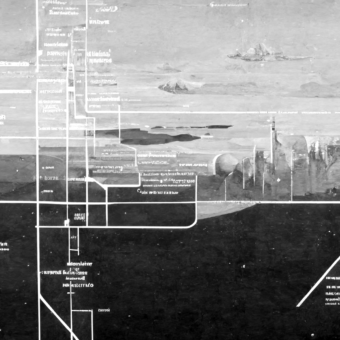
AI and the challenge of speculative Ethics (ESR14)
Future Design PracticesAI imaginaries and their contemporary socio-technical aspects are the focus of this research project. The moral commitments that underlie utopian and dystopian visions with the development of AI are revealed.

Un-Working Health Data (ESR8)
Sustainable Socio-Economic ModelsA deeper understanding of how health data comes into value is needed to persuasively defend any alternative data governance models. This research project traces the flows of value(s) during the health data creation process.

Urban Recipes (ESR4 + ESR12)
Trusted InteractionsUrban explorations are carried out by making and exchanging recipes. This design experiment combines spatial drifting with the recursive practices of recipe-making to facilitate more-than-human commoning.

Decolonizing AI Histories in Practice (ESR15)
Future Design PracticesWe cannot decolonize our digital futures without confronting the ghosts from our pasts. This research project extends the temporality of the current speculative model to allow for and actively make space for multiplicity in AI design practices.
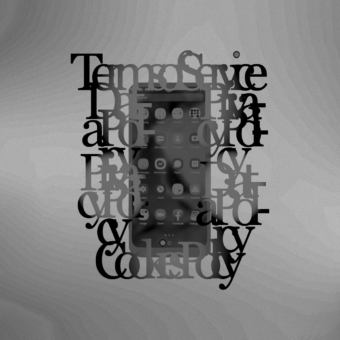
Speculating and experimenting with alternative ToS (ESR12)
Democratic Data GovernanceOngoing and experimental speculative readings of Terms of Service (ToS) serve the purpose to reveal what it represents. By doing so, this research project takes a reflective and transformative alternative route.
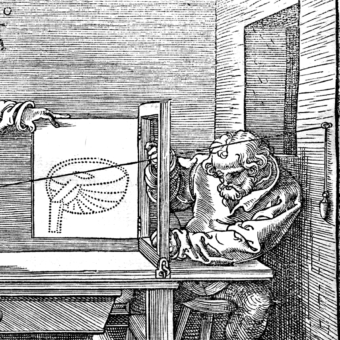
Tracing algorithmic imaginaries in everyday life (ESR1)
Inclusive Digital FuturesBy expanding design anthropology through the lens of social learning theories and developing novel methods for an ethnographic study of algorithms, this research project contributes to the more-than-human turn in HCI research and to decentralizing the study of algorithmic impact.
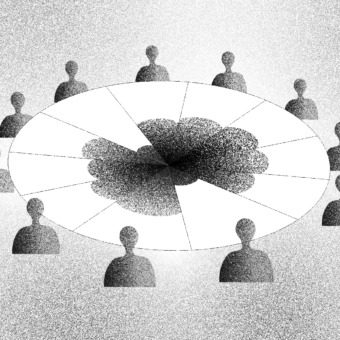
Principled requirements of ML workflows (ESR2)
Inclusive Digital FuturesBy translating ethical guidelines into actual system requirements, this research project focuses on overcoming forms of harmful algorithmic behavior and explores computational strategies for putting ethics into practice in current Machine Learning workflows.
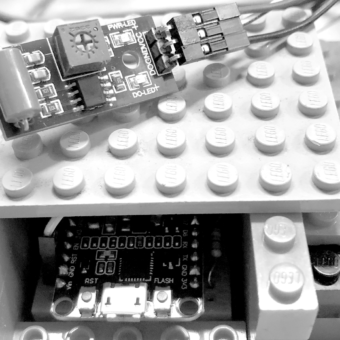
Co-creating data models in-situ (ESR10)
Sustainable Socio-Economic ModelsBy cooperating with people to investigate what is valuable for them to be translated into data from a non-extractive and more communal perspective, this research project supports the co-creation of data models based on local sets that members collect themselves with participatory and speculative DIY sensors.

Data as meaning-making practice in ecological futures (ESR9)
Sustainable Socio-Economic ModelsProfit-driven services and technologies can be problematic when limiting the ability to interpret reality and perhaps reconcile human and more-than-human worlds. An investigation into how small and urban farmers understand data and how they re-interpret data through practices is carried out.
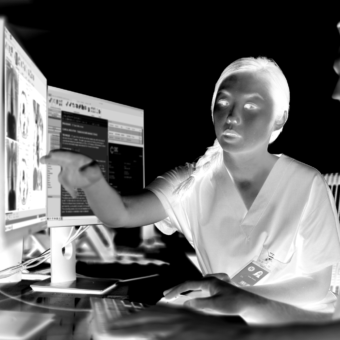
Calibrating trust in clinical AI (ESR7)
Trusted InteractionsUsing high-level, abstract guidelines in practice can be difficult to apply to specific clinical AI projects. A workshop format has been designed and tested at a clinical AI company to help teams apply guidelines to their project.

Contestation Café (ESR6)
Trusted InteractionsContestation Café is a speculative concept based on research into the shared values of contestation and repair. Through the act of writing a manifesto for contestation, the space has manifested itself in the present and is waiting only for the fixers and public to arrive.

Mutant in the Mirror (ESR5)
Trusted InteractionsMutant in the Mirror is an auto-theoretical experiment centered on queerness. It seeks to problematize notions of normativity and naturalization reproduced in and through artificially intelligent systems. It can be read as a gesture of resistance, a means to rethink encoded meaning beyond binary hegemonic, heteronormative classification and categorization.
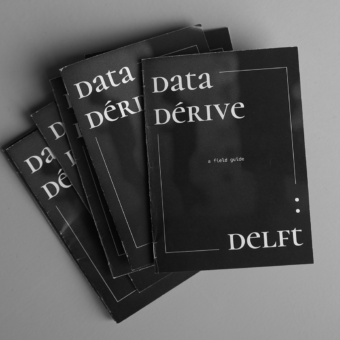
Data Dérive (ESR4)
Trusted InteractionsData Dérive invites participants to wander in the city while interfacing with urban surveillance systems, probing their underlying social relations, and developing new modes of embodied resistance and subversion.
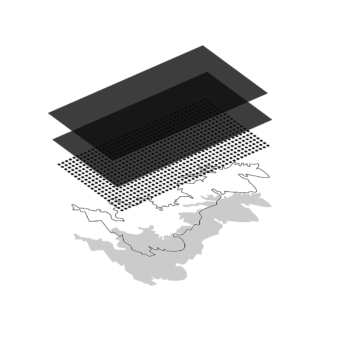
Power differentials and participation in data governance (ESR11)
Democratic Data GovernanceHaving human agency and dignity under the spotlight requires robust measures of governance, security, and accountability. This research project explores how participatory design can contribute to envisioning democratic models of governance within data-driven systems.

